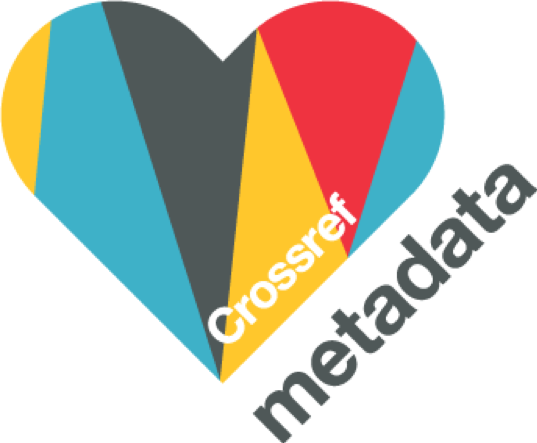Meet the FREYA partners: Crossref
Many different organisations are involved in FREYA and in this blog post series we take a closer look at the partners and their work. This time you can read about Crossref.
What is the mission of your organisation?
Crossref is a not-for-profit membership organization that exists to make scholarly communications better. We rally the community; tag and share metadata; run an open infrastructure; play with technology; and make tools and services—all to help put scholarly content in context.
Our core business is metadata. We are sustained by annual membership fees that are tiered according to the size of publishing revenue/expenditure/funding. We also charge a content registration fee for each item of content whose metadata is deposited with us. These metadata records are contained and identified by a Digital Object Identifier and are retrievable via both free and paid-for metadata delivery options.
As of November 2019, there are 39 people at Crossref, and you can find information on our people here. We have offices in Boston MA and in Oxford, UK, but more and more our staff is based all over - Ireland, France, UK, USA, among other places!

Why are PIDs important (for your organisation)?
Crossref was founded in 2000 with this stated purpose:
“To promote the development and cooperative use of new and innovative technologies to speed and facilitate scientific and other scholarly research.”
The impetus was that publishers needed to find a way to link content that they published online in a persistent way. It didn’t make sense for each publisher to create their own identifier to do this, so the idea of a central resolution service was created. Our 11k members also get to avoid creating bilateral linking agreements with each other. Importantly, membership of Crossref isn’t about ‘buying DOIs’—and unlike some other DOI registration agencies, Crossref DOIs are not ‘minted’—but it’s about entering into a collective set of obligations with other members to link to their content in a persistent way so that valuable connections between research can be made and sustained in the long term.
We also support other persistent identifiers in our metadata: funder identifiers to show who funded the research; ORCID iDs to auto-update author ORCID records when they’re associated with a publication; DataCite DOIs to create links between articles, data, and other research outputs; and we’ll soon support ROR IDs to identify which institution authors are coming from. This metadata, combined with DOIs, helps us do what we do.
What do you do in FREYA?
We’re a non-funded partner in FREYA. We attend meetings, project calls, provide advice, review reports and materials, and help with FREYA outreach events (I recently helped out with the FREYA co-located event at RDA14).
What would your perfect (PID) world look like?
Connections enabled by comprehensive, good-quality metadata. What’s not to love?!
More information
You can find us at: https://www.crossref.org, keep up to date on what we’re working on via our blog or get in touch via Facebook, Twitter or LinkedIn.